
Rio de Janeiro Faces Perfect Storm of Climate Change
All coastal cities are vulnerable to climate change

All coastal cities are vulnerable to climate change

A percepção dessas deficiências é um ponto de partida para a busca das soluções, segundo Robert Muggah, cofundador e diretor de Pesquisa e Inovação do Instituto Igarapé.
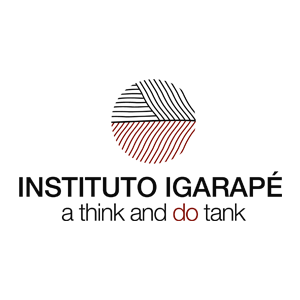
Robert Muggah contributed to this report that aims to campaign to halve violence by 2030 with cities around the world.
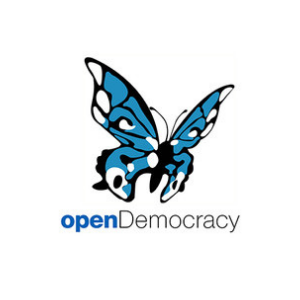
Bolsonaro’s administration is largely responsible for all of this chaos, which has killed 270,000 Brazilians.

Nesta entrevista, concedida ao Nexo por escrito, na quinta-feira (4), Muggah diz que “as mudanças climáticas já estão criando as condições para o início de novos conflitos, estão intensificando os conflitos existentes e estão reacendendo antigos conflitos.

Latin America and the Caribbean are suffering from the twin epidemics of COVID-19 and organized crime and violence.

Brazil is in critical condition. Latin America’s largest country is experiencing record-breaking death tolls and its health system is teetering on the brink of collapse.
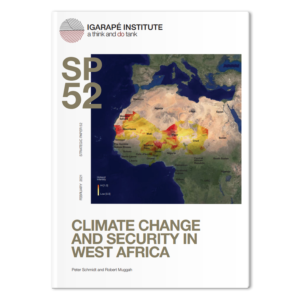
O Instituto Igarapé preparou uma série de produtos sobre a relação entre segurança climática e violência na África Ocidental
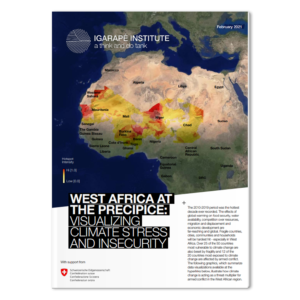
Instituto Igarapé preparou o boletim “Avaliando as relações entre as mudanças climáticas e a segurança na África Ocidental”

When Brazilian President Jair Bolsonaro repeatedly downplayed the threat of COVID-19, Brazilians were understandably confused about the gravity of the pandemic.

Late last year, Colombia’s federal police arrested Diego Optra, a crime boss who heads a ruthless gang called La Local in the port city of Buenaventura.

Enquanto a pandemia de Covid-19 se espalhava pelo mundo, outro vírus misterioso e com efeitos devastadores de longo prazo também se multiplicava despercebido pelo planeta.

As redes sociais se tornaram um meio de comunicação essencial para o narcotráfico e para as facções do crime organizado.

The global green transition will accelerate – and not a moment too soon.

At least one foreign leader still believes outgoing U.S. President Donald Trump’s desperate claims that the election was rigged.

The COVID-19 pandemic could give rise to positive innovations in cities and a radical intolerance of the status quo

All during 2020, as the coronavirus pandemic swept around the world, another novel virus with devastating long-term effects spread unnoticed worldwide

While the coronavirus pandemic is ravaging around the globe, we will continue to experience unprecedented urbanization in the coming decades.

Discrimination and violence against Brazil’s LGBTQ communities are widespread, yet often underreported

At 8:45 pm, five gunmen stormed the Holey Artisan Bakery, an upscale establishment in Dhaka, the capital of Bangladesh.

Muitos brasileiros se preocuparam com a torrente de desinformação nas redes sociais durante as eleições presidenciais americanas deste ano, que foram duramente disputadas.

Central Asia was long a digital backwater

Brazilians are preparing nervously for their own municipal elections on November 15

This is the startling observation made by authors Ian Goldin and Robert Muggah in the introduction to their fascinating new book, Terra Incognita

Maps are not just informative, they are empowering. They can help provide a new perspective to age-old problems

Around the world, responses to the first and second waves of the COVID-19 pandemic are understandably focused on reducing infections and fatalities.
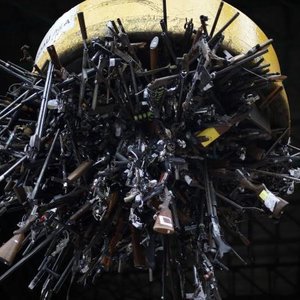
Robert Muggah and Katherine Aguirre contributed with a chapter for The Oxford Handbook of the Sociology of Latin America.

The COVID-19 pandemic is a profoundly urban crisis. The vast majority of the millions of reported cases worldwide are concentrated in overcrowded neighbourhoods and informal settlements.

This article is part of a series in which leading experts reflect on emerging trends for cities seeking to address hate, polarisation and extremism.

The Igarapé Institute uses cookies and other similar technologies to improve your experience, in accordance with our Privacy Policy and our Terms of Use, and by continuing to browse, you agree to these conditions.

O Instituto Igarapé utiliza cookies e outras tecnologias semelhantes para melhorar a sua experiência, de acordo com a nossa Política de Privacidade e nossos Termos de Uso e, ao continuar navegando, você concorda com essas condições.

